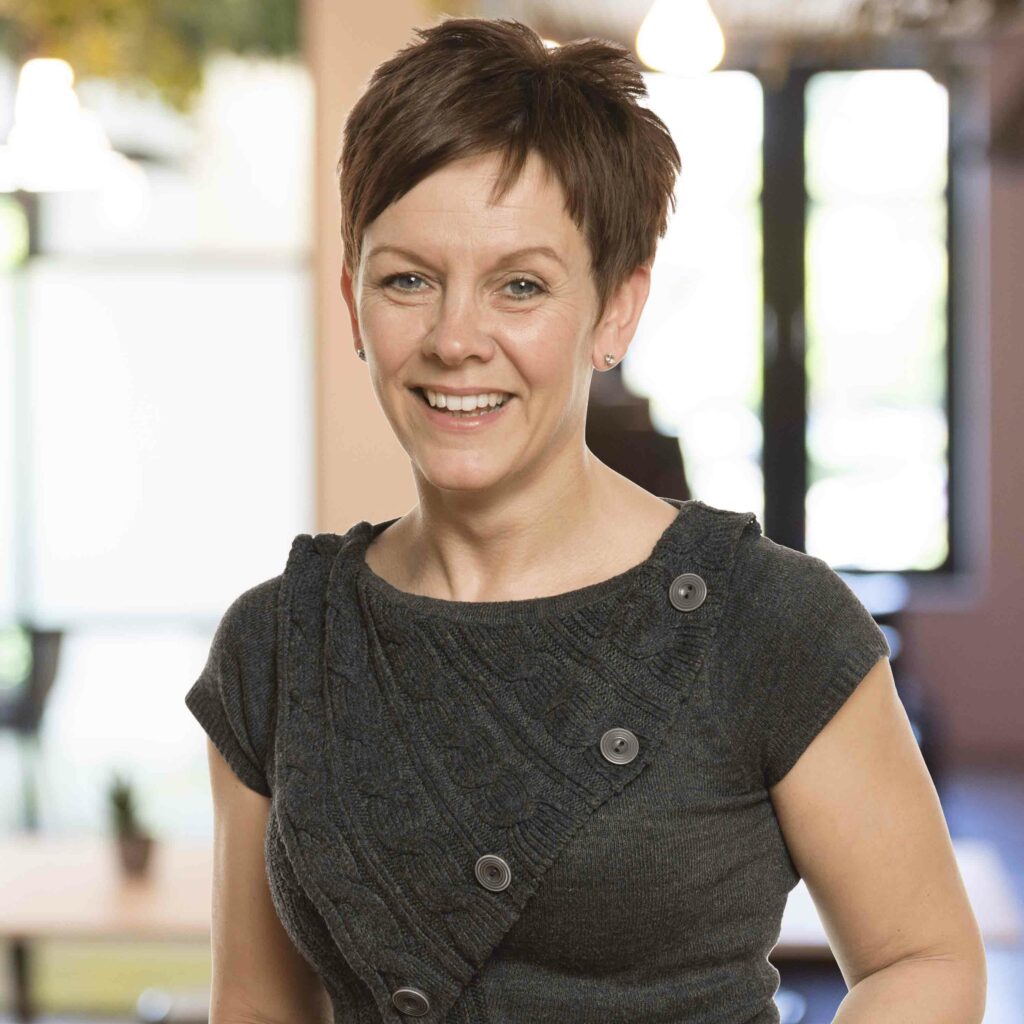Residential Conveyancing & Property Solicitors
Conveyancing & property specialists ready to help across the UK



Your trusted partner for seamless property transactions
Our team of over 50 residential conveyancing and property solicitors offers tailored expertise to a wide range of clients. Whether you're a first-time buyer or seller, seeking to invest in residential properties, or an international client with longstanding trust in our services, we're here to cater to your specific needs.
Try our conveyancing calculator and get an instant free quote >
Our residential conveyancing and property services
What to expect when buying a house?
While the process of buying a house can seem daunting and complicated, in a nutshell it involves:
- Get a mortgage in principle – This will indicate what you can borrow before you start the house-hunting process.
- Find your dream home – When you’ve found your perfect property, make an offer!
- Apply for a mortgage – Once your offer has been accepted you can begin applying for a mortgage with your chosen lender.
- Find and instruct a residential conveyancer or property solicitor – They can get the ball rolling with all the legal paperwork and property searches.
- Get a house survey – Although your lender will perform a basic valuation survey to establish the property's value, you may wish to consider undertaking a more comprehensive building survey to check the property's overall condition.
- Research removal companies – Although you’ll unlikely know a move date at this stage, it’s helpful to contact a few removal companies (if using) to obtain quotes in advance and check availability/lead times.
- Transfer the deposit – When you’re happy with the results from the searches and surveys, you’ll need to transfer the deposit into your residential conveyancer’s account to exchange contracts.
- Exchange contracts – Once everything is in place and both parties are happy to proceed, contracts will be exchanged between the buyer and seller. This means you’ll now have entered a legally binding contract. You may agree on a moving date (or completion date) at this stage.
- Complete and move in – Your conveyancer will arrange to transfer the rest of the money to your seller’s solicitors, pay any stamp duty land tax on your behalf, and inform the Land Registry. And now the house is all yours, and you can pick up the keys to your new home!
We understand that buying or selling your home can be very stressful. That’s why we’re here to help and make the journey as straightforward as possible. We aim to keep communication open and alleviate any stress and confusion from our clients.
With years of experience in residential conveyancing, we understand the importance of a seamless process. With our expertise in all conveyancing transactions, we are able to pre warn you of any potential obstacles that may arise, as well as planning ahead to combat these. We will give you an estimated completion date for your conveyancing transaction as early on as possible.
Want some fast, free advice? Read our complete guide to residential conveyancing or see our residential conveyancing FAQs.
Recent conveyancing reviews

How our residential conveyancing specialists can help
Comprehensive Legal Documentation Services
Our expert team handles all legal documentation for your new home purchase with precision and care. From drafting to review, we ensure every detail is covered, so you can proceed confidently.
Tax Advice
From navigating complex obligations like stamp duty land tax (SDLT) to handling payments directly with HMRC, we've got you covered. Focus on your priorities while we ensure your tax matters are handled efficiently and accurately.
Liaising With Interested Parties
We manage communication between your seller's solicitors, estate agents, mortgage provider, HM Land Registry, and other relevant parties involved in your property transaction. Trust us to handle the details, so you can focus on your property journey with confidence.
Seamless Fund Transfer Services
Entrust your financial transactions to our capable team, guaranteeing timely and secure fund transfers. With our expertise, your property acquisition progresses smoothly, adhering meticulously to the predetermined timelines.
Sale & Purchase
Simplify your move with our one-stop service. We handle both selling your current property and purchasing your new one simultaneously, ensuring a seamless transition for you.
Cohabitation Agreements
Gain peace of mind with our Cohabitation Agreement services. Our expert team offers legal guidance and mediation to ensure mutual security for partners. Let our family solicitors draft a personalized agreement, providing clarity and stability for your shared future. Learn More >
Get a free quote for buying or selling your home.
Simply fill in your details and we will send you a tailored quote.
Selling a house? Why not visit our dedicated page for sale specific information and FAQs.
Buying a house is likely to be the biggest investment you will make in your lifetime. Whether you’re buying your first home, relocating, or adding a house to your property portfolio, we’re here to support you every step of the way.
Trust us to navigate the complexities, ensuring your transaction progresses smoothly from start to finish.
Get a free quote for selling your home.
Simply fill in your details and we will send you a tailored quote.
Buying a house? Why not visit our dedicated page for purchase specific information and FAQs.
Selling a house is likely to be one of the most significant financial transactions you will make in your lifetime. Whether you're selling your first home, moving on to a new location, or divesting from your property portfolio, we're here to support you every step of the way.
Trust us to navigate the complexities, ensuring your transaction progresses smoothly from start to finish.
How the conveyancing process works
-
The first stage is to complete our conveyancing quote – you will then be assigned to one of our conveyancing specialists.
-
You’ll then receive a free 15-minute consultation within 24 hours via Zoom or telephone to discuss your requirements in detail.
-
You are then provided with a transparent breakdown of our costs and, if you would like to proceed, we send you a pack of onboarding documents.
-
Following this, we will begin the conveyancing process, guiding you through every step of the way.

Residential conveyancing frequently asked questions
Our residential conveyancing team
Free Guide
What are the top ten things people look for when buying a house?
-
Location – this doesn’t just include the neighbourhood. You should consider whether there’s access to local amenities such as shops and restaurants, are there good schools in the area (if applicable), and what are the public transport links like?
-
Parking – is there off-road parking (such as a garage or driveway), or will you need to park on the road? If the property is in an area where parking permits are in operation, are there enough permits for the number of vehicles that will be kept at the property?
-
The floor plan – don’t just focus on the number and size of the rooms. Consider how you want to live in your home, for example, would it be a hassle to walk from your kitchen, through your living room, to get to a dining room? Or would you prefer one big kitchen/diner. Some older properties may also have the only bathroom downstairs. If you’d rather this was upstairs you’ll need to consider the cost (and sacrifices you may need to make) of moving this.
-
Number of bedrooms – it’s likely you’ll have an idea of how many bedrooms you’d like, but will these all be used as sleeping space. For example, with more people having the opportunity to now work from home, do you plan to turn one of them into office space? If so, you may have to look at properties that advertise themselves as having an additional room to what you require.
-
The kitchen and bathroom – the most expensive rooms to replace in a house are kitchens and bathrooms. Consider the current condition of these rooms and whether it’s likely you’ll want to replace them in the near future. If so, do some basic research ahead of making an offer on the property, so you know what money you may need to keep aside for home improvements.
-
Storage space – while the floor plan may seem reasonable with regards to the size and number of rooms, one factor that is sometimes overlooked is the availability of storage space. This may include built-in wardrobes or cupboards, or simply space to keep your belongings.
-
Windows – are the windows in good condition? If not and they’ll need replacing, you may be able to use this to negotiate a lower offer than the asking price.
-
Curb appeal – the interior of a property can be changed more easily (and usually cheaper) than the exterior of the property. So it’s important that your new home should reflect your design preference.
-
The finishing touches – technology such as a security systems or smart thermostats could add value to the property.
-
Value for money – with easy access to historic property sale data, and free valuations, you need to assess whether the asking price for the house is a true reflection of what it’s worth.
If you are buying a house, selling or both, try our conveyancing calculator to get an instant free quote >










